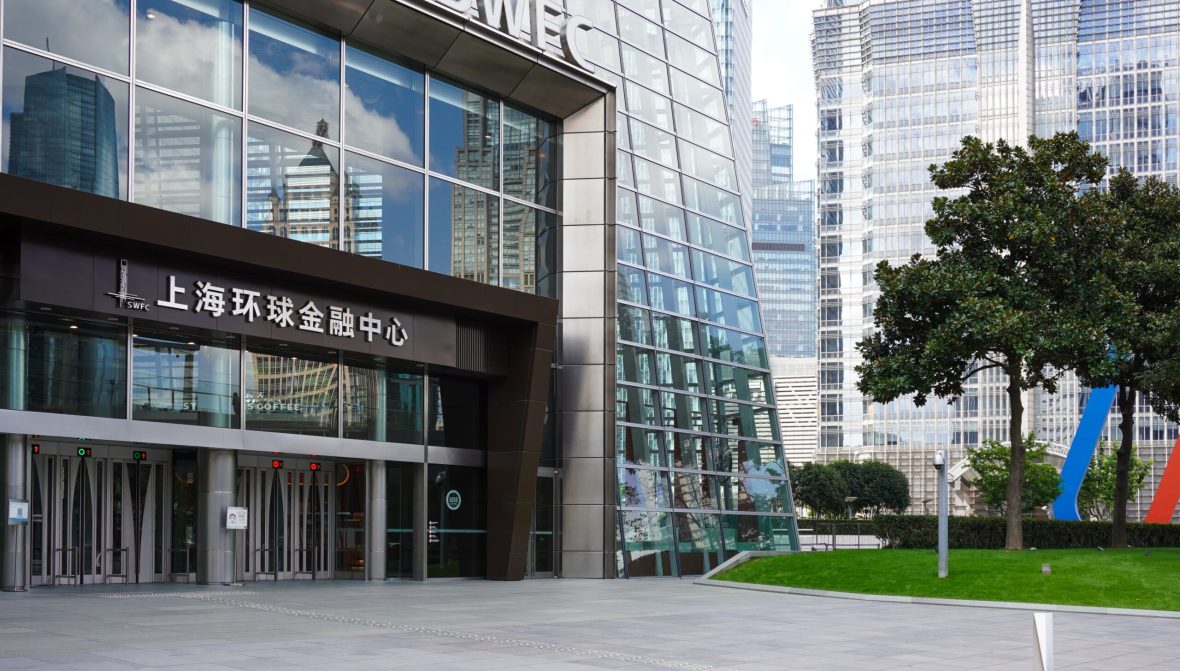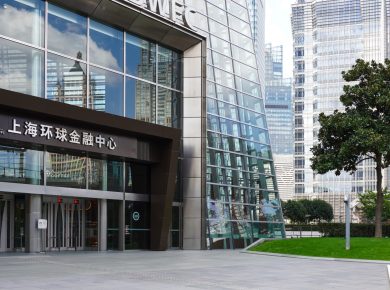The department is one of the various units in an organisation that interrelate to ensure the attainment of the objectives of the organisation. The number of departments found in an office/organisation will depend on the strength of its personnel.
Organisations such as schools, hospitals, banks, publishing houses, oil companies, telecommunication companies, etc. have different departments. In setting up a business or establishing a company, the following eight departments are very important to plan for a start-up business or company.
1. Administrative Department
The administrative department is usually headed by the company secretary and is from this department that all the activities of the organisation are organised and controlled. In a university setting, it is headed by the Registrar, and he works in association with other principal officers such as the Vice-Chancellor, Bursar, Librarian, and Director of Works.
Functions of the Administrative Department
The following are the functions of the administrative department:
- The department is charged with the responsibility of running to day activities of the organisation.
- The department oversees the company’s premises.
- The department ensures that the assets of the organisation are saved and secured.
- The department ensures that the standard canteen is available and monitored.
- The department supervises the first aid arrangements of an organisation.
2. Personnel Department
This department handles all employee-related matters, and the department is usually headed by the Personnel Manager. It ensures that the right quantities and qualities of staff are recruited and retained by the organisation.
The function of the Personnel Department
The personnel department includes the following:
- The department determines the human resources requirements of an organisation.
- The department advertises for any vacant position in the organisation in the media.
- The department handles the recruitment and selection of new staff.
- The department places the new workers into their respective departments.
- The department handles the transfer of staff and the retirement of staff.
- The department gives the required orientation.
- The department recommends staff for promotion and motivation.
- The department deals with the overall staff welfare.
- The department dialogues with organisations, unions, and management on the issues affecting the company.
3. Sales and Marketing Department
This department in some organisations is called the marketing department. It is a department that makes sure the finished goods of an organisation are transferred to the customers at a profit. This unit is usually headed by a Marketing Manager or a Sales Manager.
Functions of the Sales or Marketing Department
The following are the functions of the sales or marketing department:
- The department identifies the needs of the customers.
- The department handles both cash and credit sales of the company’s products.
- The department keeps accurate records and maintains of the company’s products until there is a need for them in a store room.
- The department seeks customers’ opinions on organisations’ products and liaises with the production and research departments on ways to improve the quality of products.
- The department places price tags for goods meant for sale
- The department receives repairs or replaces customers’ products returned to the organisation as a result of defects.
- The finds a market for goods produced through products and advertisements.
- The keeps the sales receipts to determine the organisation’s net profit or loss, as the case may be.
The above functions of the sales or marketing department are carried out by many sales representatives who are accountable to the main cashier.
4. Finance Department
This department is also called the Accounts Department and is headed by the Chief Accountant, Finance Director, or Bursar, depending on the nature of the organisation. The unit is charged with the responsibility of handling all financial-related matters.
Functions of the Finance Department or the Accounting Department
The following are the functions of the financial or accounting department:
- The department handles and controls an organisation’s finances.
- The department keeps records of money received by an organisation.
- The department has planned the company’s finances for some time through budgeting.
- The department gives adequate funds to other offices/departments in the organisation.
- The department handles pay slips and salaries of staff.
- The department settles the organisation’s debt.
- The department deducts tax remittance to the tax office where the organisation operates.
- The department prepares necessary monetary records for easy auditing.
- The department receives invoices accordingly from various departments.
- The department reconciles ledger accounts to prevent fraud.
5. Planning Department
This is the department that sets goals and objectives for the organisation, compares these actual results with the standard set, and if there are deviations, takes corrective measures at the right time. The head of this department is mostly someone who has a Master’s Degree in Business Administration/Management, and it is called the Planning Manager.
Functions of the Planning Department
The functions of the Planning Department include:
- The department sets the objectives of an organisation.
- The department finds the best ways of achieving set objectives.
- The department monitors the organisation’s activities toward achieving set objectives.
- The department works with other departments to increase the organisation’s wealth.
- The department finds ways to ensure that an organisation succeeds in a competitive environment.
- The department takes corrective measures when there are deviations from set goals.
6. Transport Department
A transport unit is a unit or department that is saddled with the responsibility of providing all the logistics to make the products of an organisation available to the final consumers. The head of the department is the Transport Manager.
Functions of Transport Department/Unit
The functions of the transport department/unit include:
- The department provides vehicles for delivery companies’ products.
- The department makes available vehicles for purchasing raw materials needed to manufacture the company’s products.
- The department provides sales vans needed product advertisements.
- The department arranges vehicles for staff travelling outside the organisation.
- The department increases sales and increases turnover in terms of profit through the delivery of customer goods.
- The department maintains and repairs the company’s vehicles.
8. Production Department
This department is particular to a manufacturing company, and it deals primarily with the conversion of raw materials into finished goods. The head of the department is a Production Manager.
Functions of the Production Department
The following are the functions of the production department:
- The department converts raw materials into finished goods.
- The department produces goods of the right quality and quantity.
- The department registers the company’s products with the authorised regulatory agencies, such as NAFDAC in Nigeria and others.
- The department works with the purchasing department to acquire the right quality raw materials for production.
- The department ensures the maintenance and repair of factory machines and equipment.
8. Purchasing Department
This department is charged with the responsibility of buying the right quality and quantity of all raw materials, components, spare parts, and all the goods needed by an organisation at the right time and right quantity. It is headed by a Purchasing Manager.
Functions of the Purchasing Department
The following are the functions of the purchasing department:
- The department obtains up-to-date information from the suppliers.
- The department must understand the market conditions of raw materials and goods to be bought.
- The department solicits quotations and compares the prices quoted.
- The department places orders for the supply of goods and raw materials and goods.
- The department ensures that the goods bought are of the right quality and quantity.
- The department certifies the invoice for payment.
Conclusion
The departments discussed above have not been exhausted. Other useful departments can contribute to the growth and success of the company, depending on the size of the company. In a large organisation, there are different sections or units still under departments. Read the similar post on this page.








